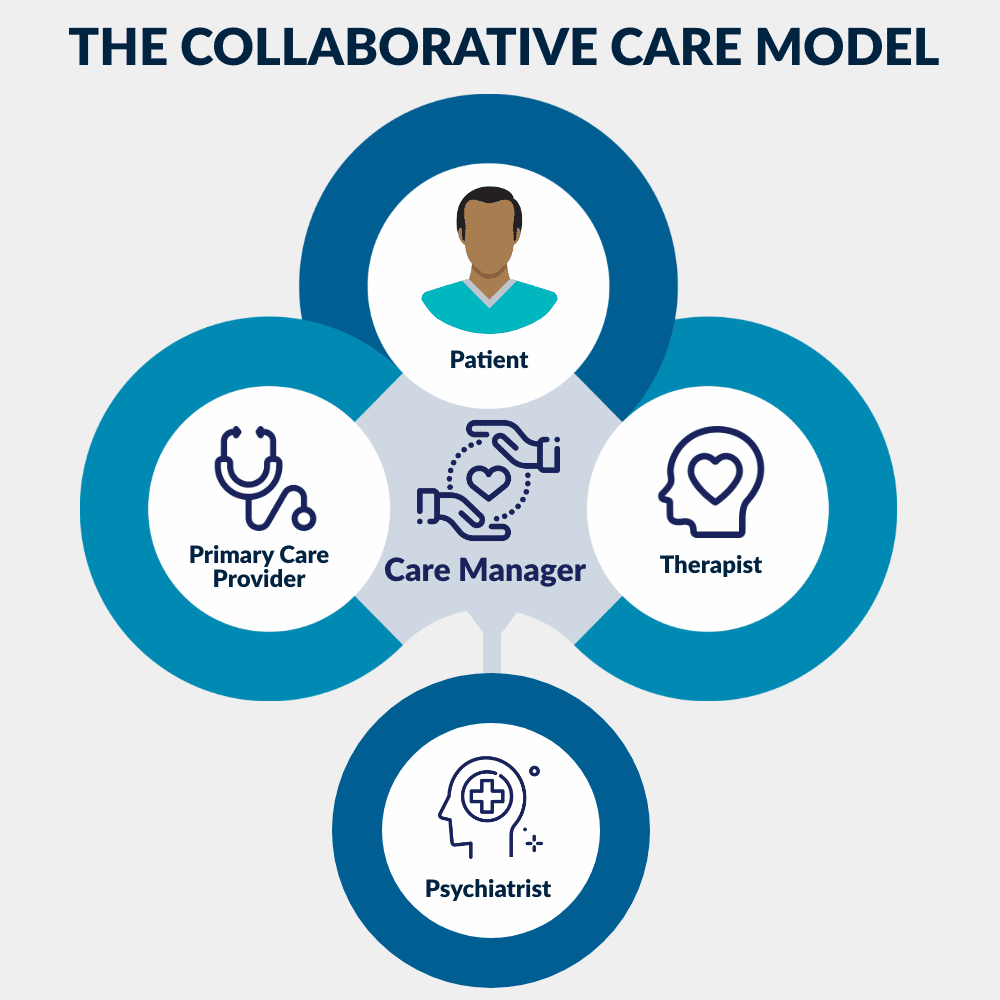Many people with opioid use disorder (OUD) also have mental illness. Yet, they often do not receive appropriate treatment for either condition.
“These illnesses, especially depression and opioid use disorder—we know how to treat them. The real problem is getting people into treatment and getting them to stay on treatment,” said Katherine Watkins, M.D., M.S.H.S., a psychiatrist and policy researcher at the nonprofit RAND Corporation in Santa Monica, California. “If they stay on treatment, they do better. They don’t die. They don’t have overdoses; they don’t have suicide attempts. They get jobs; they do better.”
Funded through the Helping to End Addiction Long-termSM Initiative, or NIH HEAL InitiativeSM, Watkins and Miriam Komaromy, M.D., FACP, an internist and addiction specialist at Boston Medical Center, co-lead a study under the initiative’s program for the development of new strategies to prevent and treat opioid addiction.
“The intersection between mental illness and opioid use disorder is a really important area to address both from a societal standpoint and a scientific standpoint,” said Joshua Gordon, M.D., Ph.D., director of the National Institute of Mental Health (NIMH). Through the NIH HEAL Initiative, NIMH is leading research to study how to treat patients affected by both OUD and mental illness.

